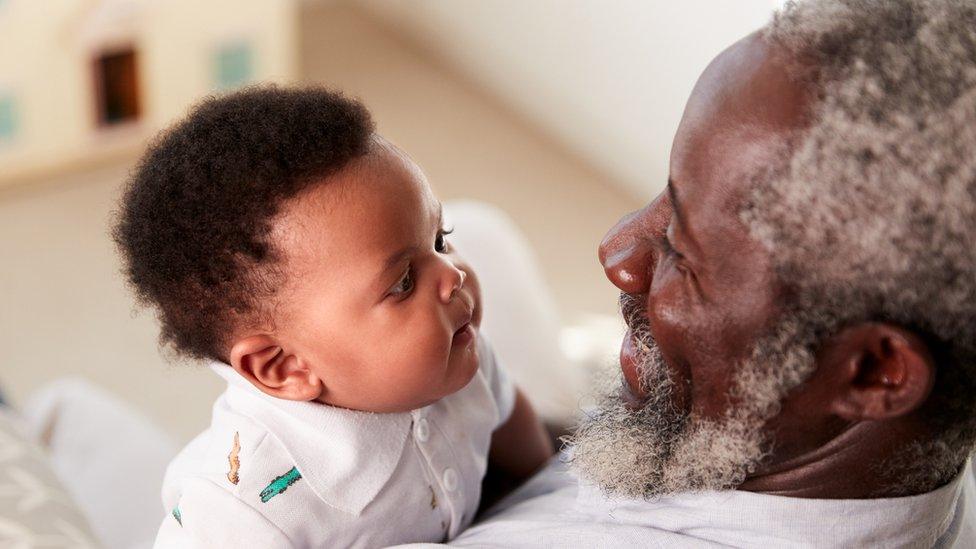UK deaths outnumber births for first time in 40 years
- Published
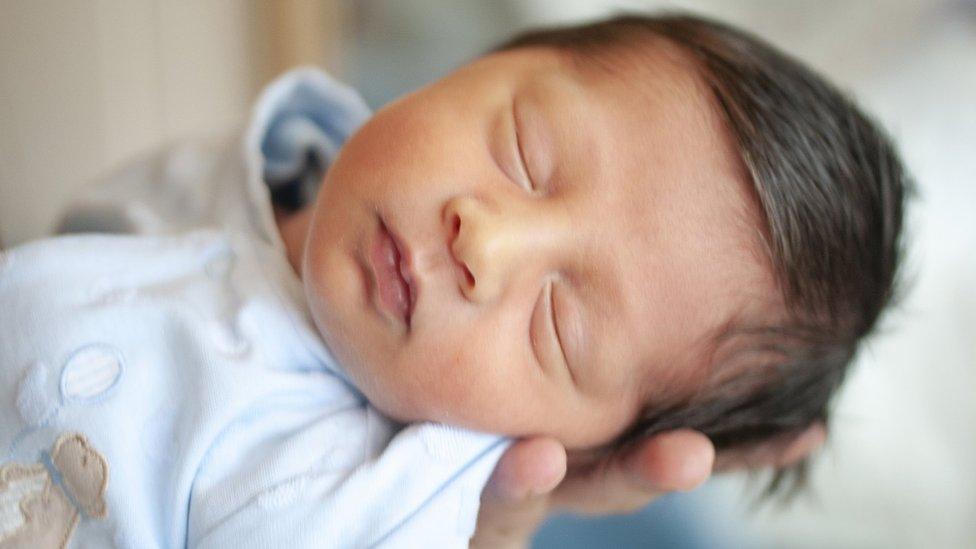
Last year more deaths than births were registered in the UK for the first time since 1976.
In total, just over 683,000 births were registered compared with nearly 690,000 deaths.
This was only the second time deaths have outnumbered births since the late 1890s.
The coronavirus epidemic led to a sharp rise in deaths last year but birth rates have also been falling for the last decade.
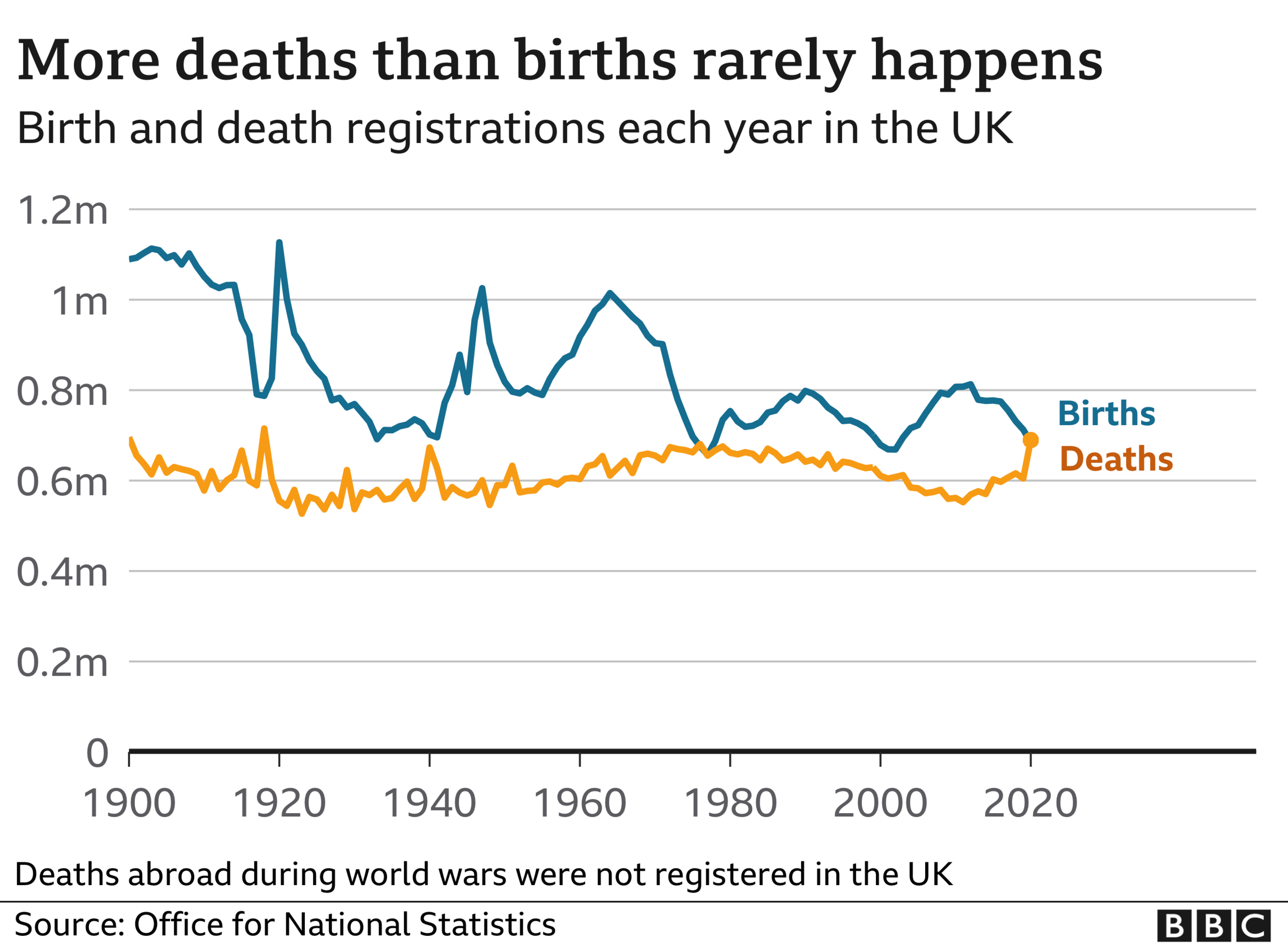
The coronavirus effect
The number of deaths in the UK has been rising in recent years, but part of that increase is due to the UK population increasing and getting older.
Last year's 13% rise in that figure is attributed by statisticians to the coronavirus pandemic.
It was the largest jump in a single year seen since World War Two, bringing death rates, the chances of any single person dying, back to levels seen in 2008.
Figures published this morning by the Office for National Statistics suggest the first lockdown had not led to a baby boom.
Birth rates in December and January, nine months after lockdown started, were sharply down on the same months one year before.
But the pandemic has affected register offices, leading to problems with birth registrations, so the ONS "urges caution" when reading meaning into these figures.


It is perhaps unsurprising - and it should be a one off - but the provisional finding that the UK natural population shrank is stark all the same.
The spike in deaths above the number of births puts pandemic mortality into some sort of context.
But it also shines a light on the significant falls in the fertility rate in the past few years.
In 2012, the total fertility rate was 1.92 - close to the level where a population replaces itself.
In just eight years that has fallen below 1.6, much closer now to societies considered to be "ageing" such as Germany and Japan.
There are many questions to ask about whether this is linked to a significant squeeze on younger families.
These figures need not necessarily be a problem. However, if confirmed in the final figures, they do point to significant changes for British society and its economy too.

Falling birth rates
Part of the reason that deaths have outstripped births is that births have been falling steadily in every nation of the UK since at least 2015.
The Office for National Statistics says this is because we are having children later in life and fewer of them.
This trend has been happening for decades but it wasn't apparent in the noughties as another trend was masking it.
Back then, younger migrants tended to have more children than UK-born mothers and so they propped up British birth rates.
But this is no longer the case and birth rates have been falling since 2011, feeding through into a lower total number of births by the middle of the decade.
When did this last happen?
The last time deaths outnumbered births was in 1976.
In that year, there were just under 681,000 deaths and about 5,000 fewer births.
The main driver was falling birth rates: the late 1960s and 1970s saw sharp falls in the number of live births in the UK.
There has been some relationship between the state of the economy and the number of births and the low levels in the 70s coincided with a faltering economy.
But the biggest reason for the sharp change was the widespread availability of contraception and the legalisation of abortion in the UK in the late 60s.
It is likely that more Britons died than were born during some years of the World Wars, with the smallest gap between the two in 1940, the year of the Blitz.
But deaths of military personnel who died abroad are not included in the UK death registration figures charted above.
- Published15 July 2020
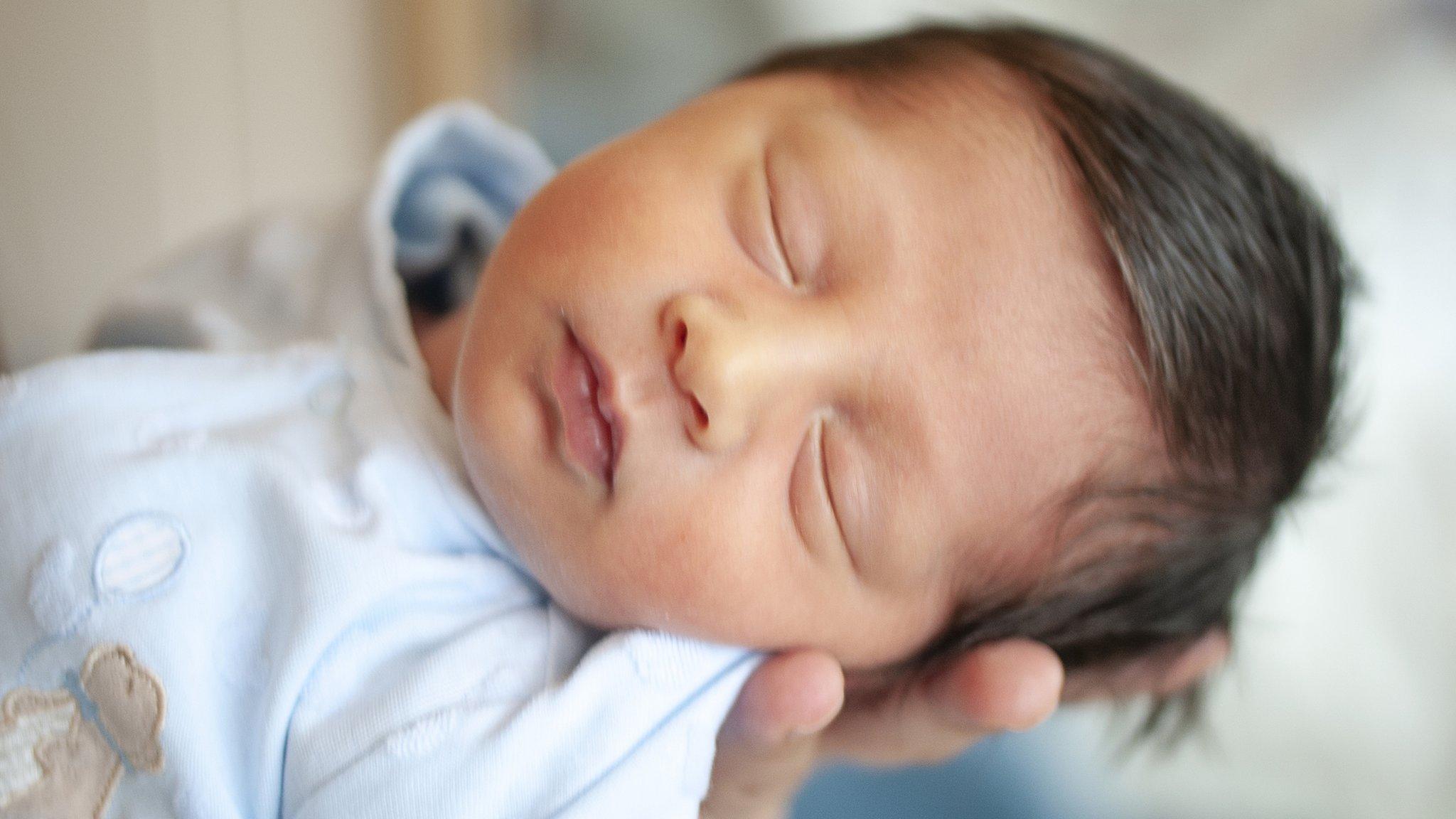
- Published16 May 2021
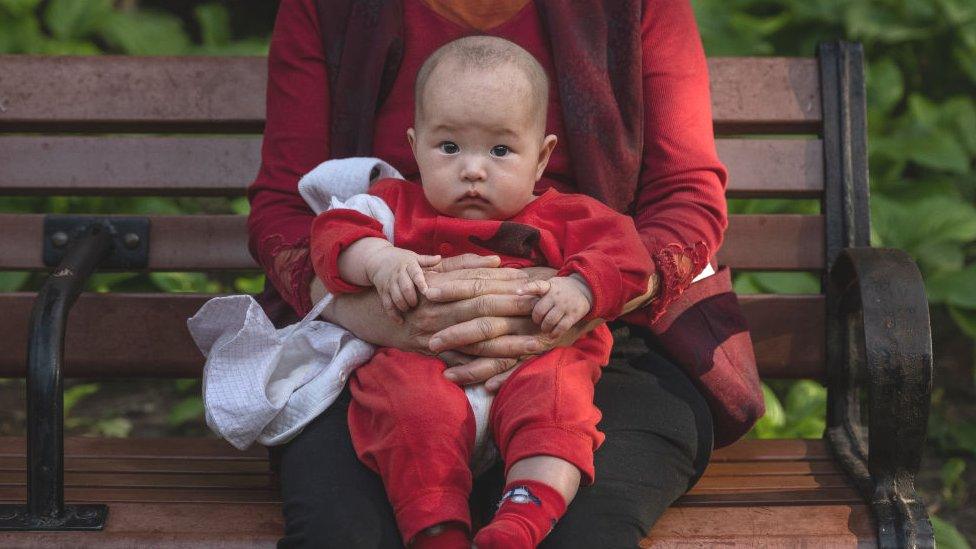
- Published16 July 2020
